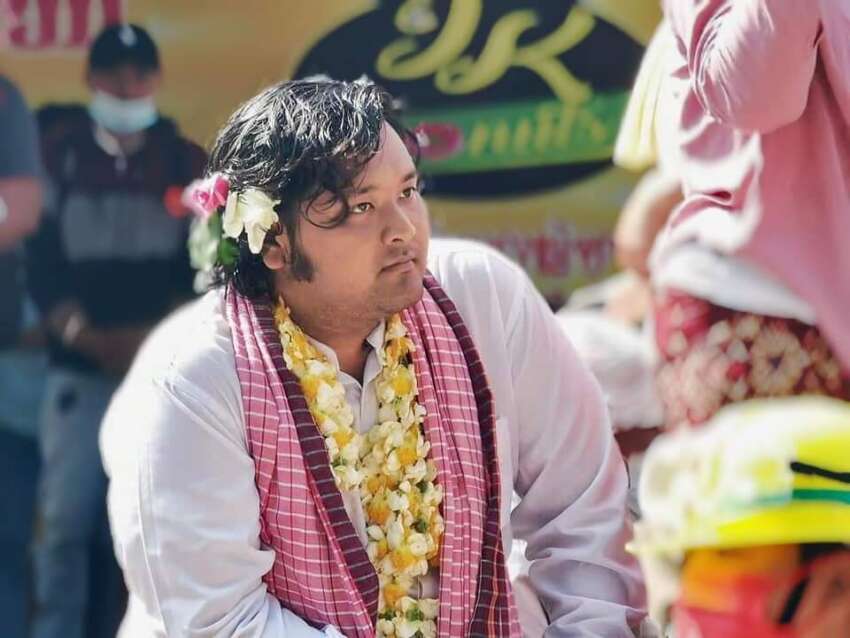
The Political Prisoners Network Myanmar (PPNM) has confirmed that Monywa protest leader Ko Wai Moe Naing was severely beaten with iron rods by prison staff upon arrival at Obo Prison in Mandalay, causing him to lose consciousness. He was subsequently denied medical treatment and placed in solitary confinement with shackles. The incident occurred on June 12 when political prisoners were being transferred from Monywa Prison to Mandalay’s Obo Prison, where they faced brutal treatment at the prison entrance.
During the incident, a prison officer specifically targeted Ko Wai Moe Naing with an iron rod, which led to subsequent beatings of other political prisoners. Ko Wai Moe Naing suffered a head injury that caused excessive bleeding and loss of consciousness. Despite his urgent need for medical attention, prison authorities refused to transfer him to the prison hospital for treatment. The prison authorities have placed him in a punishment cell after he regained consciousness, restricted his visitation rights and parcel deliveries, and kept him in shackles in isolation. The Political Prisoners Network has warned that he faces the risk of being summoned and beaten at any time during the night.
Mandalay’s Obo Prison has been identified by the National Unity Government as a facility where political prisoners face consecutive deaths. Between October and November 2024, three prominent figures died in succession: Mandalay Chief Minister Dr. Zaw Myint Maung, Union Minister for Electricity and Energy U Win Khaing, and political prisoner Ko Sein Lin (aka) A Ngay Lay. Additionally, more than 50 political prisoners reportedly died following the Sagaing earthquake on March 28, due to delayed medical treatment and poor prison conditions.
The treatment of political prisoners in Myanmar’s detention facilities has raised serious concerns about human rights violations and the systematic abuse of detained activists and opposition figures. The case of Ko Wai Moe Naing highlights the particularly harsh treatment faced by protest leaders and prominent activists within the prison system. Prison authorities have specifically targeted him for his role in leading protests in Monywa, subjecting him to both physical abuse and psychological torture through isolation and restrictions on basic rights. The lack of proper medical care and the use of punitive measures such as shackling and solitary confinement demonstrate the ongoing crisis facing political prisoners in Myanmar’s detention facilities.



